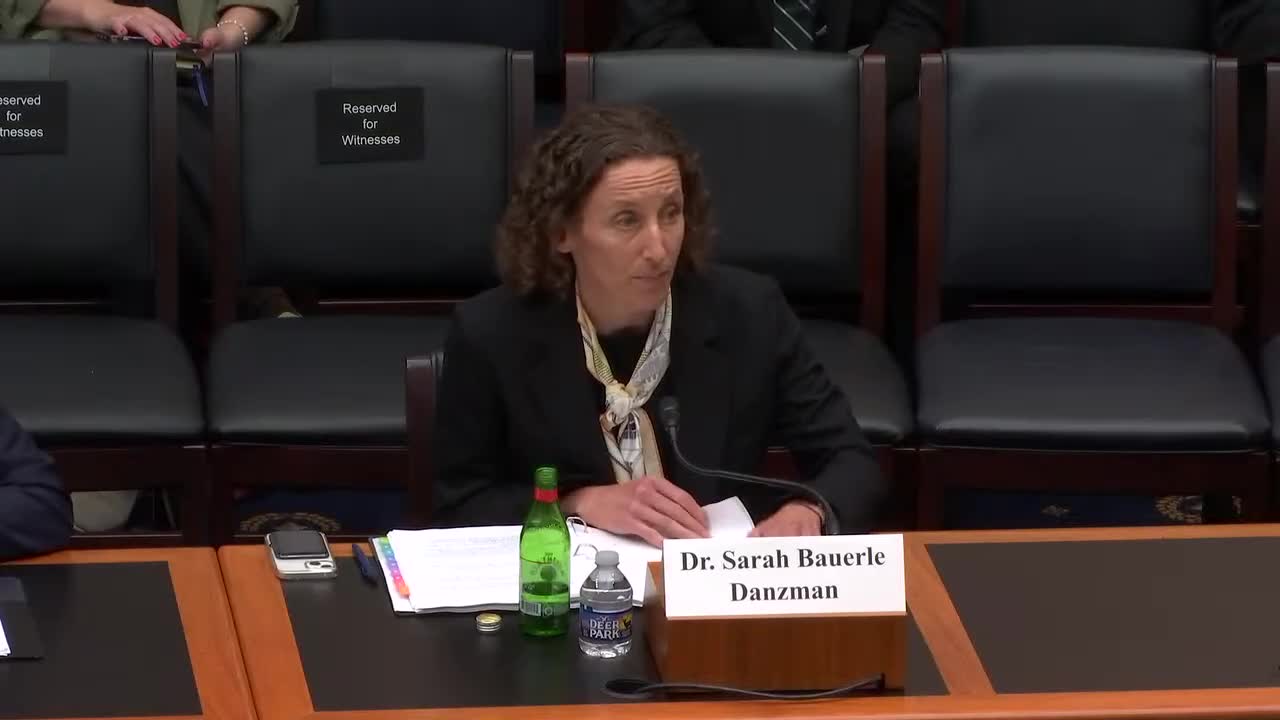
This article was created by AI using a video recording of the meeting. It summarizes the key points discussed, but for full details and context, please refer to the video of the full meeting. Link to Full Meeting
One of the key discussions revolved around the National Security Presidential Memorandum (NSPM), which has raised alarms among experts regarding its potential to stifle outbound investments. A prominent voice in the conversation emphasized the need for caution, arguing that overly restrictive measures could hinder the U.S. from accessing vital technologies developed abroad. This sentiment was echoed by several committee members who stressed the importance of maintaining a competitive edge in global technology markets.
The conversation took a historical turn as lawmakers reflected on past politicization of investment decisions, notably the controversial Nippon Steel deal. A representative highlighted how political influences had previously derailed beneficial investments that could have bolstered U.S. national security. This led to a broader discussion on the necessity of keeping the Committee on Foreign Investment in the United States (CFIUS) process free from political bias, ensuring that decisions are made based on rigorous analysis rather than electoral pressures.
As the dialogue progressed, the focus shifted to the need for clear guidelines regarding outbound investments, particularly in relation to China. A committee member pointed out alarming statistics indicating that significant venture capital had flowed into Chinese companies linked to human rights abuses and military advancements. This raised the question of how best to implement controls that would prevent harmful investments while still allowing for beneficial economic exchanges.
The meeting concluded with a call for a more transparent and navigable investment framework, akin to a "red light-green light" system, which would simplify decision-making for U.S. investors. This proposal aims to reduce uncertainty and enhance the competitiveness of American firms in the global market.
As the committee members wrapped up their discussions, the implications of their deliberations were clear: the path forward for U.S. investment security policy must strike a delicate balance between safeguarding national interests and fostering economic growth. The outcomes of these discussions will likely shape the future landscape of U.S. investment strategies, as lawmakers continue to grapple with the complexities of a rapidly evolving global economy.
Converted from U.S. Policy on Investment Security (EventID=118489) meeting on July 17, 2025
Link to Full Meeting
Comments
View full meeting
This article is based on a recent meeting—watch the full video and explore the complete transcript for deeper insights into the discussion.
View full meeting